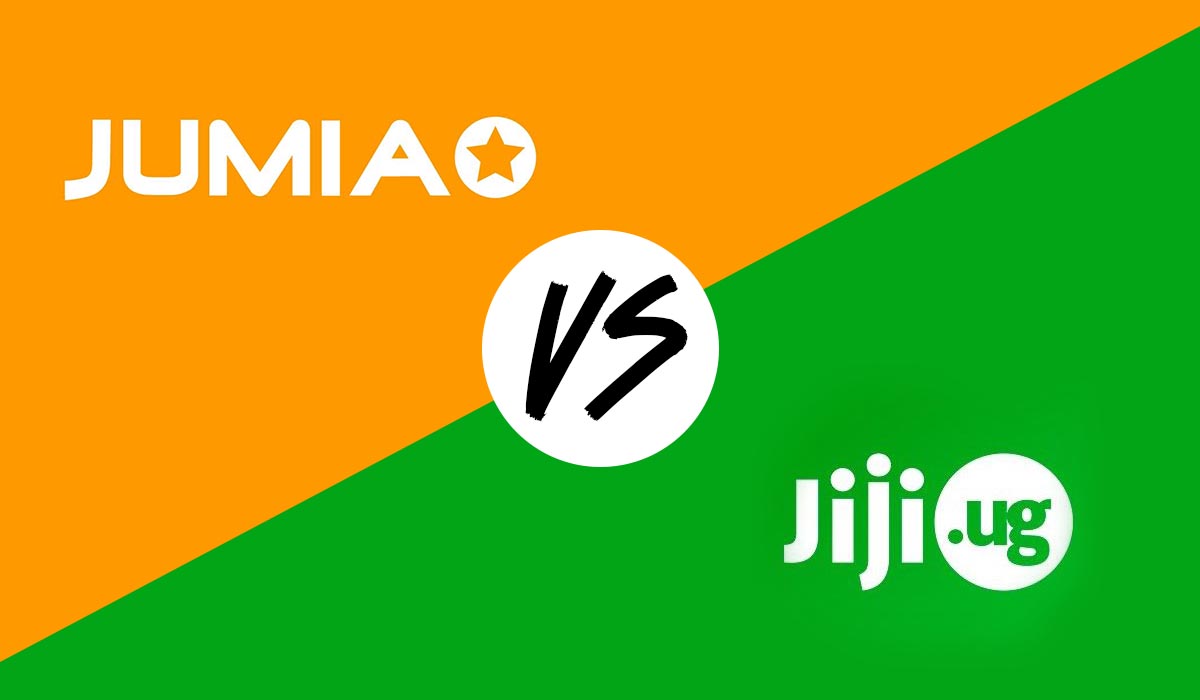
In one of our previous articles discussing the growth of Uganda’s e-commerce market, we highlighted its convenience, vast selection, and positive economic impact. In that insightful piece, two key players emerged: Jumia Uganda and Jiji Uganda. With these great options available, a question arises: which platform best suits your shopping needs? This article aims to clarify the differences, helping you decide which platform is the perfect fit for your next purchase.
While both Jumia and Jiji are online marketplaces, they differ significantly in their approaches. Think of Jumia as a supermarket, like that Mega Standard supermarket in downtown Kampala, with a curated selection of products from various vendors. You browse, choose your items, and pay at a central checkout. Jiji, on the other hand, is more like a local market where different vendors display their products and services individually.
Ordering and Payment
Jumia offers a smooth and convenient experience, where you simply visit their website or use the app, create an account with your delivery details, and you’re ready to shop. Browsing their extensive selection and adding your desired items to your cart, securely check out, choosing between cash on delivery or prepayment for ultimate flexibility.
In contrast, Jiji takes a different approach, encouraging a more personal connection between buyers and sellers. Head to jiji.ug or use their app to browse the listings. Unlike Jumia, account creation on Jiji can be skipped. Once you find what you’re looking for, you can contact sellers directly through the platform’s messaging system or call them using the listed phone number. This direct interaction allows you to negotiate for a better price and get detailed product descriptions, particularly helpful for complex items like cars, computers, or clothing.
Delivery and Pick-up
Jumia’s delivery options differ significantly from those of Jiji. Jumia offers doorstep delivery for customers in Kampala, Entebbe, and Mukono, and delivery to designated pick-up stations for those in upcountry areas. In contrast, Jiji does not provide delivery services. Instead, Jiji advises users to meet in person and thoroughly inspect products before making any transactions. Meeting or delivering items on Jiji depends on the client’s trust in the vendor, as the process is more individualised and open to anyone, which can be risky in many ways.
For those in Kampala, Jumia’s delivery time can be as quick as the next day. On Jiji, once you’ve agreed with the vendor, you can immediately meet and complete the deal. For more intricate products on the platform, customers on Jiji are encouraged to visit vendor shops for inspection and testing before purchase.
Products and Vending
Both platforms feature products from various vendors. Jumia’s vendor registration process, however, is more stringent, requiring legal documents such as a National ID and Certificate of Incorporation. In contrast, Jiji is more accessible, allowing anyone with basic knowledge to list items for potential buyers. As a result, Jiji boasts a larger inventory compared to Jumia, encompassing a wide range of products and services. Items on Jiji range from brand-new and refurbished goods to fairly used items. While Jumia Uganda aims to expand its product offerings, Jiji offers a diverse array of items, including motor vehicles, electronics, properties, software, and even some unconventional items.
Pricing
Jumia generally maintains fixed prices, though there are occasional exceptions for promotional deals and promo codes. Prices on Jiji vary widely because vendors set their own price points. Customers shopping on Jiji are advised to carefully review item descriptions to discern whether products are new, refurbished, or used. Many find Jiji useful for estimating the average price of an item.
Jumia is noted for selling products that have already been inspected, providing customers with greater assurance.
Returns
Jumia allows returns within 7 days of delivery, with refunds based on several factors. On Jiji, returns are less common since buyers are encouraged to physically check items before purchase. Communication with vendors is key, and the process can be more immediate.
This comparison should give you a clear understanding of Jumia and Jiji, both of which I personally use depending on the product and the factors discussed above. When making your choice, consider whether you prefer a fixed price or the ability to negotiate, if a guaranteed return policy is important to you, whether you prioritise fast delivery or are comfortable meeting the seller, and if you’re looking for a specific product category, such as new electronics. By evaluating these aspects, you can select the platform that best suits your shopping needs.
2 thoughts on “Jumia vs. Jiji Uganda: Choosing the Best platform for your online shopping.”
Pingback: Setting Up an Ice Cream Business In Uganda - Nymy Net
Pingback: 7 Safety Tips for Shopping in Downtown Kampala - Nymy Net